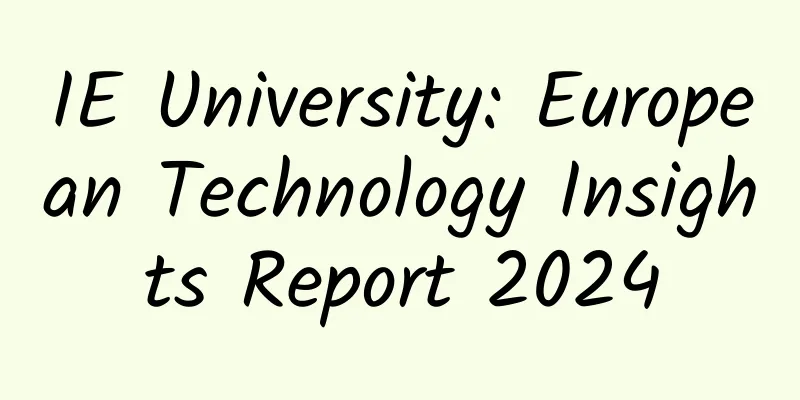IE University: European Technology Insights Report 2024

|
IE University has released its European Tech Insights 2024. The annual survey of Europeans’ attitudes towards technological change aims to understand how technology is changing our lives and how it should be governed, and this year includes the views of European civil servants. The report takes a closer look at attitudes towards AI and elections in the context of a super election year, AI and public services, the integration of emerging technologies into everyday life and space technologies. This year, the Centre for Transformative Governance partnered with Appolitical, the world’s largest community of public servants, to survey citizens and a small sample of public servants. As AI continues to be integrated into key areas of government, the vast majority of Europeans (67%) are concerned that elections could be hacked. Concerns about AI being misused in elections are particularly high in the UK (54%) and Spain (51%). Despite these concerns, younger generations are showing greater openness to AI, with 34% of Europeans under 35 trusting an AI application to vote for a political candidate on their behalf. European Technology Insights highlights public attitudes towards the use of AI in public services:
The report also examines the digital readiness of 10 European governments, assessing whether citizens and civil servants believe they are progressing fast enough in their digital transformation.
The report quantifies Europeans’ readiness to integrate a number of emerging technologies into their daily lives:
Finally, we also investigated Europeans' attitudes towards space exploration:
|
<<: GAC Group and Volcano Engine Signed a Strategic Cooperation Agreement
>>: I have 100 ways to protect the earth "Ultraman" TV version trial play
Recommend
Notes on the pitfalls of Android immersive status bar
Some friends may think that the term "immers...
Safety secrets on the return journey during the Spring Festival travel rush: Why don’t high-speed trains require seat belts?
There are seat belts on airplanes and cars, but w...
Qualcomm announced the 5G patent fee standards in a high-profile manner, and netizens offered suggestions for domestic mobile phone manufacturers
5G will not be commercially available until next ...
How to trigger user growth?
My topic today is "Exploding User Growth &qu...
The key node of the fission and fan growth activity!
In the circle of increasing fans, fission is like...
How should you take the medicine "three times a day"? Taking it wrong will not only reduce the efficacy of the medicine, but also harm your body!
When we go to the doctor or buy medicine, we ofte...
To carry out refined operations, start with the "User Stratification Cohort Measurement Table"
Key points: Clarify the core focus indicators of ...
Advertising: 8 creative writing tips to increase your click-through rate!
We all know that the role of creativity is to att...
The Zhejiang Province essay in the national college entrance examination asked you to write about VR. Are you panicking?
The college entrance examination is like the Spri...
Fitness personal trainer Tang Tingru is pregnant
Fitness personal trainer Tang Tingru's resour...
Apple closes iOS 11.4.1 verification channel: iOS 12 downgrade is completely hopeless
Today, Apple pushed the official iOS 12.0.1 syste...
Kukaifeng Baocheng: OTT has a significant growth rate, and the advertising value will subvert traditional TV
Today, the "2017 China OTT Large Screen Mark...
Here is a new discovery!!!
On September 7, the reporter learned from the Xis...
Predictions on how to play Douyin Spring Festival Gala red envelopes
Since 2014, sending red envelopes on the Spring F...
Behind an Android ecological disaster, it turns out that Google's worldview has changed
The world is changing, Google needs to change, an...









